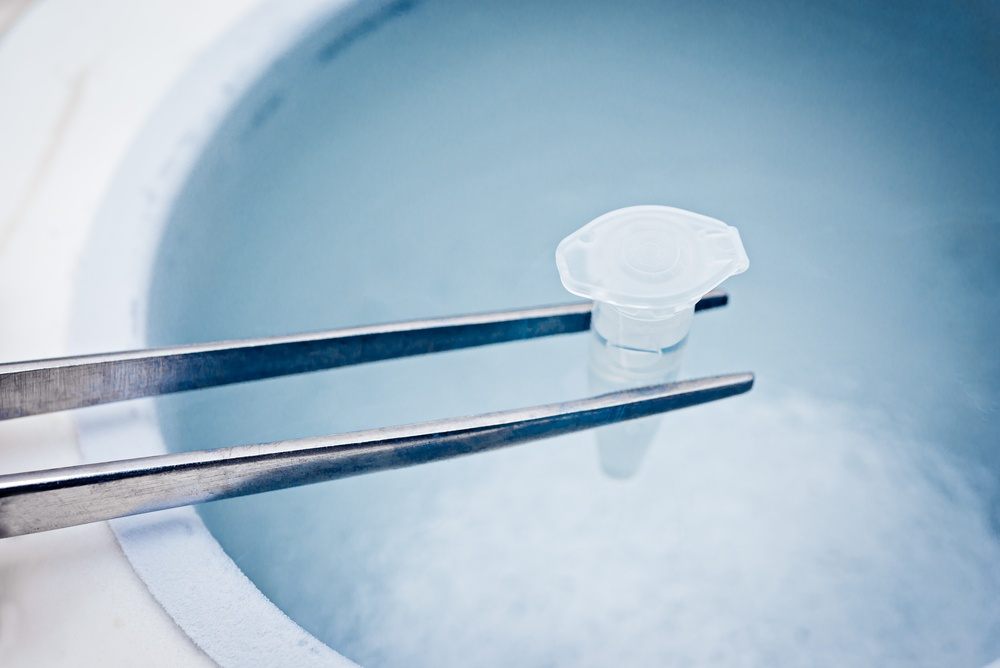Last month BBC Radio 4 repeated a documentary on egg freezing and the opportunities now available for women to delay conception. Sometimes heralded as fertility insurance, it is important that people are realistic about the prospects of conceiving from frozen eggs, and explains the process fully so that women know both what happens when they have the eggs harvested and how they will be thawed, fertilised, and implanted if and when they are required.
Fertility treatments are now even offered by some employers to retain women of child-bearing age and support them – the idea (they say) is that they do not have to choose between their career and fertility, egg freezing can promise both. There are incidences where fertility clinics have approached investment banks about offering egg freezing as a ‘perk’, while other employers such as Hubble have already offered the option for employees, influenced by tech giants Apple and Facebook.
Realism and informed consent are essential in any medical setting, particularly with decisions that have life-changing consequences. This is why it is of utmost importance that women looking to freeze their eggs have a solid understanding of the chances of a live birth at the end of the process. Most frozen eggs have not been thawed and used, which makes it difficult for clinicians to offer a single, solid figure – especially as the HFEA does not maintain data on egg freezing the way they do on IVF. Until 2012 there were 18,000 eggs stored for later use in the UK. From these eggs, 580 embryos have been created, 160 were transferred to women, and there have been 20 live births.
The technology exists, and is improving every year, which is why it is being offered as a choice for women who are not ready to conceive but would like to improve their chances later on. One big change has been the move from a method of freezing eggs called slow-freezing to one called vitrification. The latter has a much higher success rate in terms of not damaging the eggs in the freeze/thaw process. It also means that the earlier data, which is the data in the public arena, is based on a freezing process which is, by-and-large, no longer used.
Aggregated information is typically of more use than individual stories, but the latter is helpful in preparing women for various eventualities. Harrowing stories, such as that of Brigette Adams (the author of blog eggsurance.com), show that women need to fully understand their chances before they begin the process and perhaps make the decision to conceive later and later because they feel ‘safe’ thanks to their stored eggs. Adams froze her eggs when it was still considered an experimental procedure – at 39 years of age she froze 11 eggs. Six years later, only 9 eggs survived thawing, and 1 was fit for implantation. Unfortunately, she suffered a very early miscarriage after receiving a positive pregnancy test.
What advice would Adams give other women? To freeze multiple rounds, freeze embryos (which have a higher rate of success than frozen eggs), and to understand AMH and FSH levels.
With every new technology, there are the pioneers who see whether or not it works and who, unfortunately, see the early mistakes. Now that the technology is not considered experimental but is still young, it can offer women liberation from difficult choices early in life. However, we cannot claim that egg freezing is a magic bullet or true ‘fertility insurance’ until success rates are properly mapped and projected. As we wrote at the start of this article, when women consider whether or not to freeze their eggs, knowledge is key and they should be realistic about the likely success rates and the number of eggs they will need to harvest to have a realistic chance of producing a baby.

